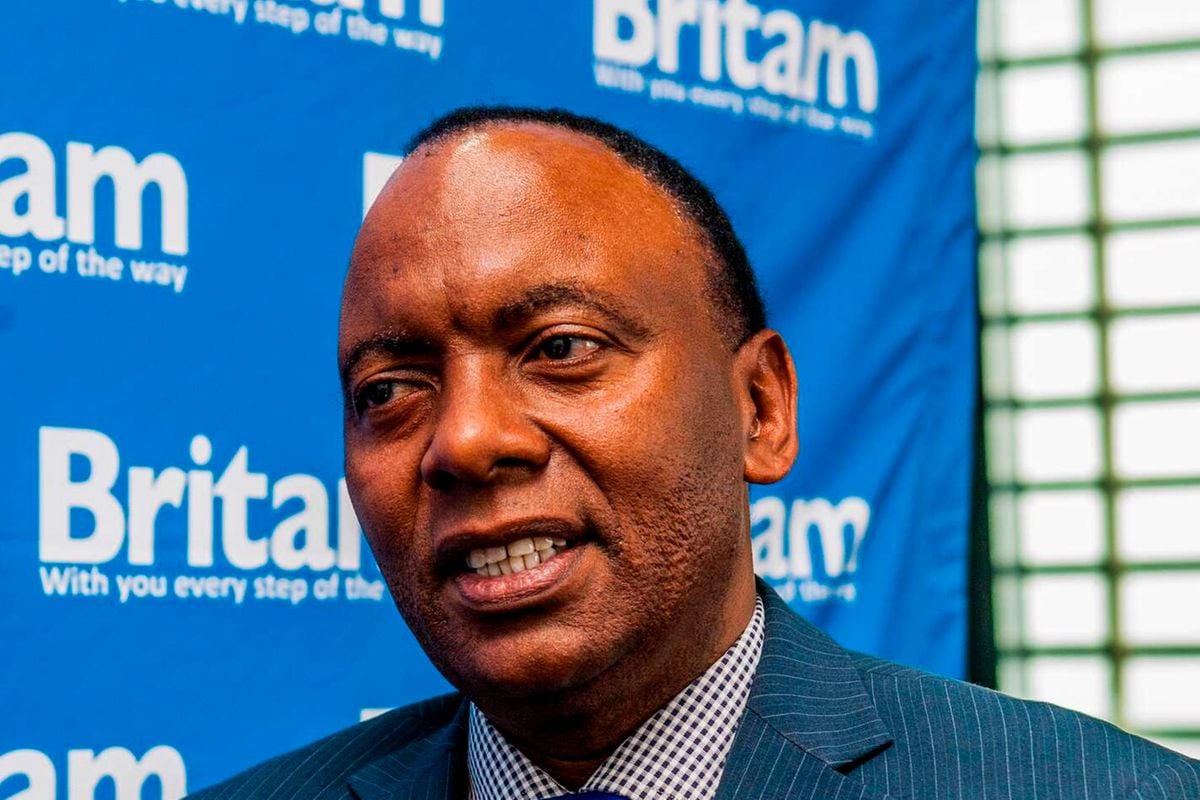It’s been three years since the death of Tanzania’s former president John Magufuli and the rise to power of current president Samia Suluhu Hassan.
Magufuli was Tanzania’s fifth president. He came to power in 2015 and was re-elected in 2020 in a poll that was marred by controversy.
Magufuli brought lasting changes to Tanzania’s political landscape during his six-year tenure. His approach sparked differing opinions, both within the country and on the international stage.
Inside the country he was loved and loathed almost in equal measure.
Read: Magufuli: Mining reforms, roads over political space
To his detractors, his administration was marked by a decline in political and civic space and by international isolation. Early in his presidency, Magufuli’s no-nonsense approach won praise across the globe. He publicly reprimanded government officials, demanding fiscal discipline and accountability.
Over time, however, his critics saw his style as bordering on authoritarianism. He banned political rallies, stifled the media, promised to annihilate the opposition, and banned the return to school of teenage mothers.
His loyal supporters saw him as an anti-imperialist development icon. They backed him as a benevolent dictator – a leader who wields absolute power but uses it to benefit the populace.
The anniversary of his death in mid-March presented an opportunity to reflect on his legacy and the character of the political debates leading up to the 2025 elections in Tanzania.
In the three years since Samia Suluhu Hassan took over the presidency following his death, she has reversed most of the retrogressive policies introduced by Magufuli. She has also restructured both the party and the government.
As an international relations academic who has researched party politics and democratisation of Tanzania for more than 10 years, I believe these two sets of changes will be felt in the election.
Samia’s reversal of repressive measures will give impetus to the opposition. And the changes she has made to the ruling party will entrench its electoral dominance in 2025.
Read: Tanzania’s radical shift under Samia
She consolidated her base and then won back some of the Magufuli loyalists. These calculated steps towards consolidating power will be pivotal in the 2025 elections.
Reforms
Samia has introduced reforms that have opened up the political and civic spaces. She set up a task force on political reforms that recommended restructuring of the electoral process. Election laws have been reviewed and public rallies are allowed after they were banned in 2016.
The effect has been to boost the opposition’s chances of gaining ground against the ruling party. These reforms have benefited the two leading opposition parties. Chama Cha Demokrasia na Maendeleo (Chadema) and ACT-Wazalendo can now organise public rallies and push for additional reforms, including a new constitution. In the last (2020) polls, the opposition was crippled by state repression.
With the lifting of the ban on political rallies, the opposition has been holding countrywide campaigns. The opposition is now able to hold demonstrations with police protection, something that was unthinkable three years ago.
Read: Chadema opposes electoral reforms in Dar march
Despite this, the ruling Chama Cha Mapinduzi party will continue to have an advantage. This is due to Samia’s failure to implement some electoral reforms as recommended by the task force.
Three electoral reform bills – the National Electoral Commission Bill 2023, the Political Parties Affairs Laws (Amendment) Bill 2023 and the Presidential, Parliamentary and Local Government Elections Bill 2023 – were passed by parliament but did not reflect any meaningful change.
Ruling party factions
Samia’s ascendancy to the presidency was not automatic. While the country’s constitution states that the vice-president assumes office upon the death of a president, there were factions within the ruling party that wanted to prevent her from taking over. She came into power with limited political capital both within her party and outside.
Read: Two years of Samia’s reforms in Tanzania
She made this known soon after being sworn in as president. Recently, the ex-army chief Venance Mabeyo provided additional insights into the transition following Magufuli’s death.
He said the transition was managed by security officials (chief of defence forces, director general of intelligence services and inspector general of police) who later briefed the prime minister. Astonishingly, the vice-president was the last senior government official to be briefed about the death of the president.
But upon taking office, she built a solid base of trusted party insiders. This she did with the help of former president Jakaya Kikwete. She immediately sacked some of the so-called Magufuli loyalists. They included two trusted confidants and close advisors of Magufuli, chief secretary Bashiru Ally and minister of foreign affairs Palamagamba Kabudi.
She also brought people who had been sidelined by Mafuguli back on board. These included January Makamba, a presidential aspirant in 2015; Nape Nnauye, a former party secretary for ideology and publicity; and Abdulrahman Kinana, the party’s secretary general.
Makamba and Nnauye were reinstated to the cabinet and Kinana returned as the mainland vice-chairman of the party. The three were the leading campaigners in the election of Magufuli before falling out.
In recent months, Samia has brought back some trusted former allies of Magufuli in what is seen by many in Tanzania as an attempt to win back support from his camp.
In August 2023, she appointed Doto Biteko, a key ally of Magufuli, as deputy prime minister: a new position that is not in the constitution. Biteko also assumed the role of Energy minister.
Samia also brought back Paul Makonda, former Dar es Salaam regional commissioner, as the ideology and publicity secretary of the ruling party. Makonda’s return is seen as an attempt to crack down on dissent within and beyond the ruling party.
Read: Makonda out as ruling CCM rings in key secretariat changes ahead of civic polls
Bringing Biteko and Makonda on board could shore up party support from the vote-rich Lake zone, home to the Sukuma, Magufuli’s ethnic group.
Samia’s departure from her predecessor’s policies, coupled with her strategic political manoeuvres, has won her support within her party and among the broader public. Nonetheless, she could still face resistance from hard-line factions within her party who may seek to undermine her in the 2025 general elections.
By Nicodemus Minde -Adjunct Lecturer, United States International University















